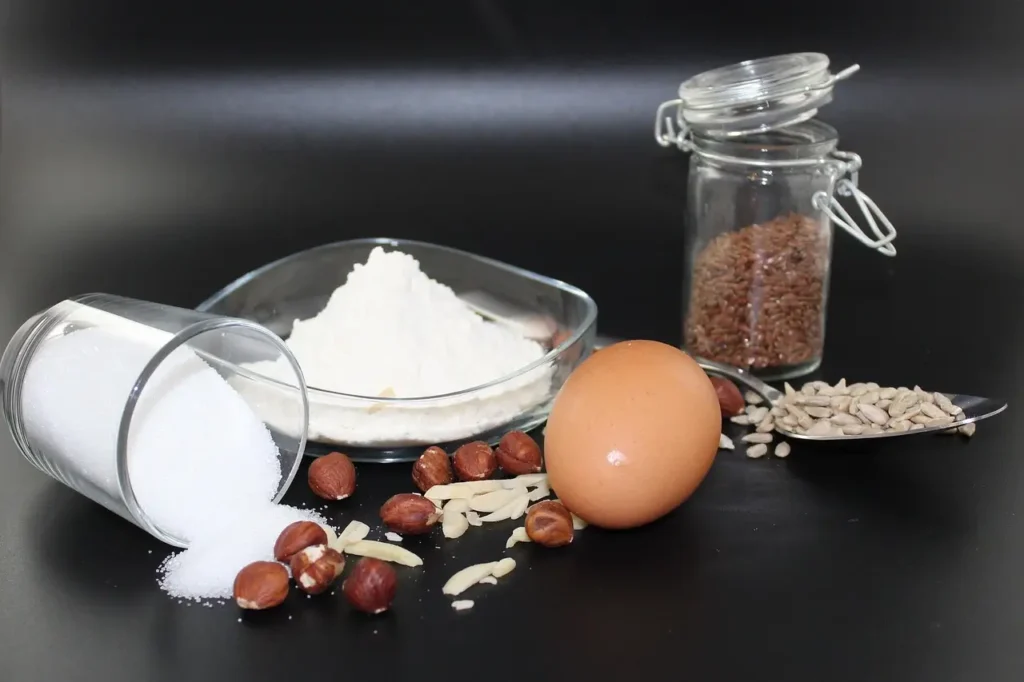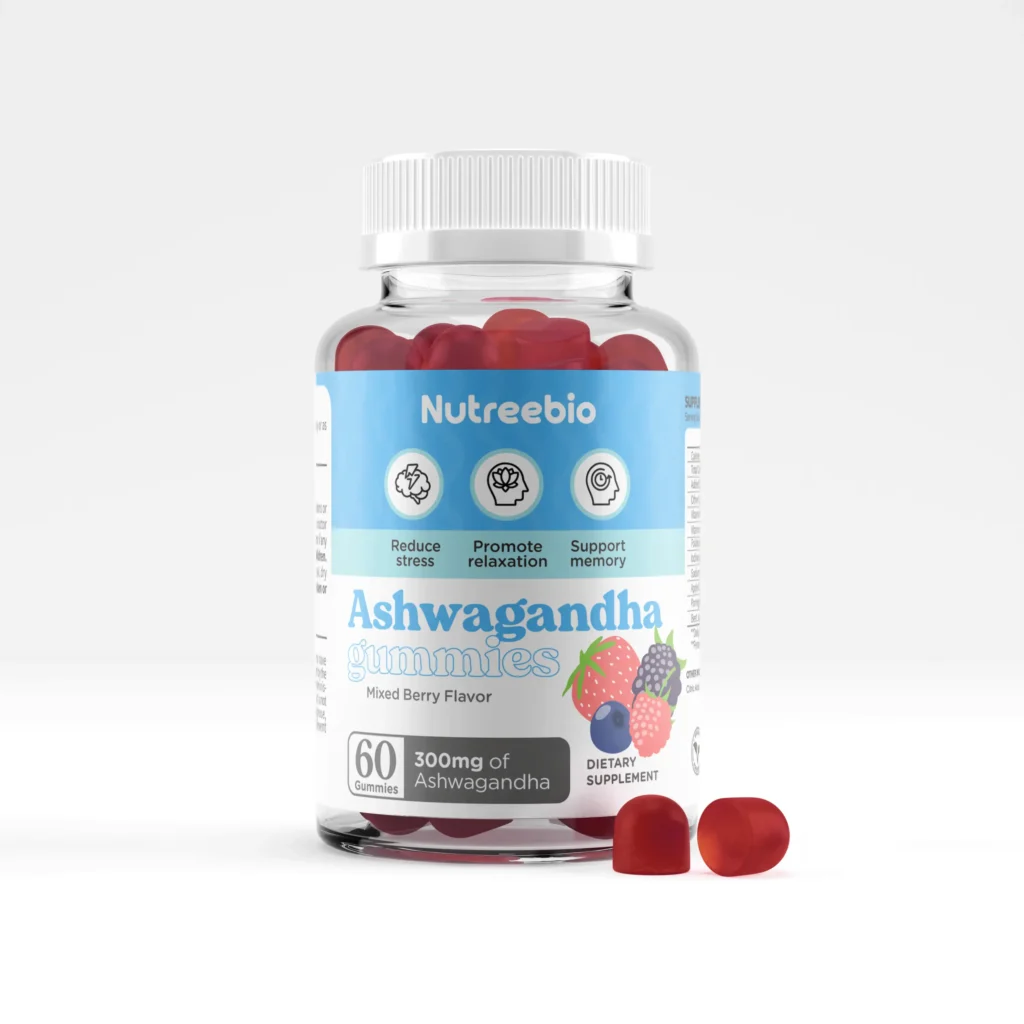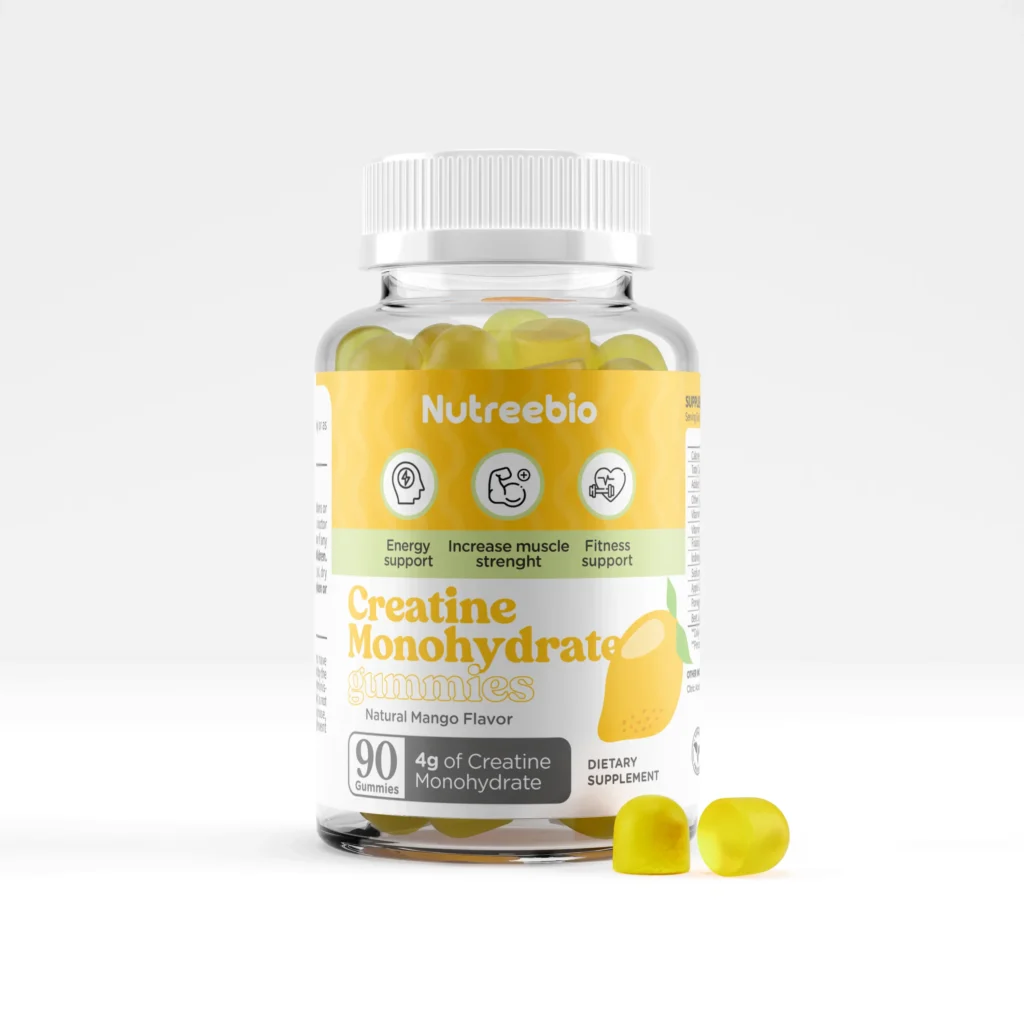As global health awareness rises, consumers are increasingly focused on overall well-being. Key health concerns include gut health, sports nutrition, immune enhancement, brain health, and emotional support. In the post-pandemic era, there is a strong consumer interest in dietary supplements and functional foods that support overall health. According to NBJ data, global dietary supplement sales are projected to reach $61.1 billion in 2023, while sales of functional foods and beverages in the United States will hit $92.1 billion.
The expanding dietary health market is driving the development of functional food ingredients. What are the popular ingredients in the global dietary health market in 2024? This article explores the top three.

1. Ashwagandha Extract: Representative of Botanical Medicine
According to Innova Market Insights data, in terms of dietary supplements, 64% of consumers worldwide believe that products containing natural ingredients are healthier, and 55% of consumers believe that botanical supplements are effective. As a representative of botanical supplements, botanical medicines have certain health benefits. In the US market, fast-growing botanical medicines include ashwagandha and mushrooms.
Ashwagandha has been used in Ayurvedic medicine for thousands of years. It is an adaptogenic herb rich in a variety of active ingredients, such as lactones, saponins, and flavonoids. These active ingredients give it antioxidant, anti-inflammatory, immune regulation, and emotional health support. In addition, it also has a positive effect on delaying aging, and balancing endocrine, cardiopulmonary and central nervous system health. Research on ashwagandha is still ongoing.
A recent clinical study showed that daily consumption of ashwagandha extract may benefit men's energy and endurance levels. The subjects were composed of healthy men aged 18 to 50 years old, who took 300 mg of ashwagandha extract or placebo daily for 42 days. Six-minute walk tests, single-leg stand, stair climbing, and chair stand tests were performed during the experiment to measure endurance and energy levels. The results showed that the results of this study showed that subjects who were supplemented with ashwagandha extract had significantly improved energy and endurance levels in all tests compared to placebo.
In addition, some studies have shown that ashwagandha extract can increase men's testosterone levels by about 15%-17%, and testosterone is very important for building and maintaining muscle. Ashwagandha extract can increase muscle size and strength and help reduce body fat.
According to SPINS data, in 2021, sales of ashwagandha supplements totaled approximately US$92.32 million, of which mood support supplements accounted for 96% of total sales.
2. Aronia: Antioxidant "powerful"
Aronia, also known as black-fruited glandular rib aronia, is a deciduous shrub belonging to the Rosaceae family. It is native to wet woods and swamps in eastern North America. Aronia berries are slightly sweet, slightly sour, and dark purple. They are rich in flavonoids, anthocyanins, and polyphenols. Their fruits have a long history of consumption in countries such as Europe, Asia, and North America. They are mainly used to produce colorants, syrups, juices, jams, and wines. Its extracts are beneficial for improving diabetes and cardiovascular and cerebrovascular diseases, and are widely used in the pharmaceutical and food industries in Europe and the United States.
The main active ingredients found in aronia are anthocyanins, proanthocyanidins, phenolic acids, triterpenoids, cyanidin-3-O-galactoside, chlorogenic acid, quercetin, etc. It has antioxidant, anti-inflammatory, hypoglycemic functions, and multiple antibacterial activities.
A. Antioxidant
The skin of aronia is purple-black, and the flesh is dark red. This natural pigmentation is because aronia contains a high concentration of polyphenols, which gives it extremely strong antioxidant properties. The U.S. Department of Agriculture found in public tests that every 100 grams of aronia contains 1480 mg of proanthocyanidins and 1752 mg of polyphenols, which gives it an antioxidant capacity superior to other berries such as blackcurrants, blackberries, and cranberries.
Studies have shown that aronia polyphenols have the ability to scavenge DPPH free radicals, azobis free radicals, and superoxide anion free radicals, and can also inhibit the activity of 15-lipoxygenase and xanthine oxidase. With the increase in concentration, the antioxidant activity of aronia polyphenols increases, and its antioxidant capacity is even better than vitamin C. In addition, anthocyanidin-3-galactoside, anthocyanidin-3-glucoside, and anthocyanidin-3-arabinoside extracted from aronia have a strong scavenging ability for DPPH free radicals.
B. Anti-inflammatory
Studies have shown that oxidative stress is related to the pathogenesis and progression of inflammatory bowel disease. Eating aronia can inhibit T cell metastatic colitis. Five weeks of 4.5% w/w aronia supplementation suppressed intestinal inflammation in mice with colitis. Other studies have shown that aronia can suppress colonic oxidative stress during T-cell transfer colitis due to its multifaceted antioxidant functions in both the cytosol and mitochondria of immune cells.
C. Prevention of cardiovascular disease
Studies have shown that aronia can reduce oxidative stress and inflammatory gene expression, thereby reducing blood triglycerides, total cholesterol, and low-density lipoprotein levels. Consumption of aronia berries can improve lipid balance in patients with metabolic syndrome, thereby preventing cardiovascular disease. Clinical trials have shown that consumption of aronia berries can reduce LINE-1 methylation levels and arachidonic acid/eicosapentaenoic acid ratios. Cardiovascular disease has been associated with changes in DNA methylation, and regular consumption of aronia juice has some potential cardioprotective effects.
D. Blood sugar reduction
Aronia berries are rich in antioxidants and have strong antioxidant capacity. Studies have shown that antioxidants may reduce hyperglycemia. An acute study in healthy subjects found that drinking 100 ml of aronia juice before a meal significantly reduced postprandial blood sugar. Drinking 200 ml of aronia juice twice a day for three consecutive months can significantly reduce fasting blood sugar, glycated hemoglobin and cholesterol, while blood pressure also improved. Aronia shows strong potential in the treatment of type 2 diabetes.
E. Protecting the intestine
Studies have shown that aronia improves the mRNA and protein expression of pro-inflammatory and anti-inflammatory cytokines and oxidative stress factors, as well as transcription factors involved in maintaining intestinal barrier integrity. In addition, aronia also reversed the effects of DSS-induced intestinal flora imbalance and promoted the production of cecal short-chain fatty acids associated with signaling pathways that inhibit IBD.
BR data predicts that by 2028, the global aronia berry market will reach US$2,086.9 million. The increase in health and wellness awareness and the prevalence of natural and clean labels will bring sufficient impetus to the aronia berry market.
Although aronia has unique advantages in terms of effective ingredients and uses, its sour taste limits consumer acceptance, coupled with its low popularity in some regions, the superposition of various factors limits the market penetration of aronia. Mattucci, director of food and beverages for Mintel North America, said that unlike elderberry, a star ingredient in North America, aronia has not been promoted for its immune health benefits or antioxidant properties, and it will take more time for consumers to understand aronia berries and their various benefits.
At present, aronia products are mostly presented in the form of juice, fruit wine, fruit powder, etc., and the preparation process is relatively simple. In North America, aronia products are also made into various dietary supplements. Overall, its related industries are still in their early stages, and the market prospects are very broad.
3. Creatine Monohydrate: Muscle Energy Source
On May 13 this year, SPINS released a report revealing the six most popular dietary supplement ingredients in the US market, including creatine. According to SPINS data for the 52 weeks ending March 24, 2024, creatine supplement sales in the US multi-channel and natural channels were US$71 million, an increase of 95.5% compared to 2022.
Creatine, also known as creatine monohydrate, is a compound that exists naturally in the human body. It is mainly found in muscle tissue and is one of the important sources of muscle energy. Creatine monohydrate provides the necessary energy support for muscles by participating in the muscle energy metabolism process, thereby helping people perform better in exercise.
By supplementing creatine monohydrate, people can increase the reserve of creatine phosphate in muscles, thereby enhancing the energy supply capacity of muscles and improving exercise performance. Carbohydrates can promote the absorption and utilization of creatine monohydrate.
With the improvement of health awareness, creatine monohydrate is more and more widely used in food, and will become an important force to promote the development of the industry in the future.
Nutreebio Biotechnology Co., Ltd.:
Nutreebio adheres to the concept of strict quality control, stable quality and fast delivery. Over the past few years, it has established long-term and stable cooperative relations with many well-known international companies, including many well-known companies in the Czech Republic, Slovakia, the Philippines, the United States, Canada, Hungary, the United Kingdom, etc.
Nutreebio adopts the JIT (Just in Time) model to strictly control and screen the factories for cooperation. The factories that cooperate with us insist on using scientific methods and means to purchase the withania somnifera grown in the place of origin and extract the specifications of 2.5% and 5% withania somnifera extract in accordance with the USP implementation standard and HPLC detection method. Combined with the product application direction, it continues to play its important value in the fields of food, health products, cosmetics, and medicine, and applies natural health ingredients to food and beverages to provide consumers with more choices. With the deepening of research and the expansion of the market, withania somnifera extract will play a more important role in the food industry.




